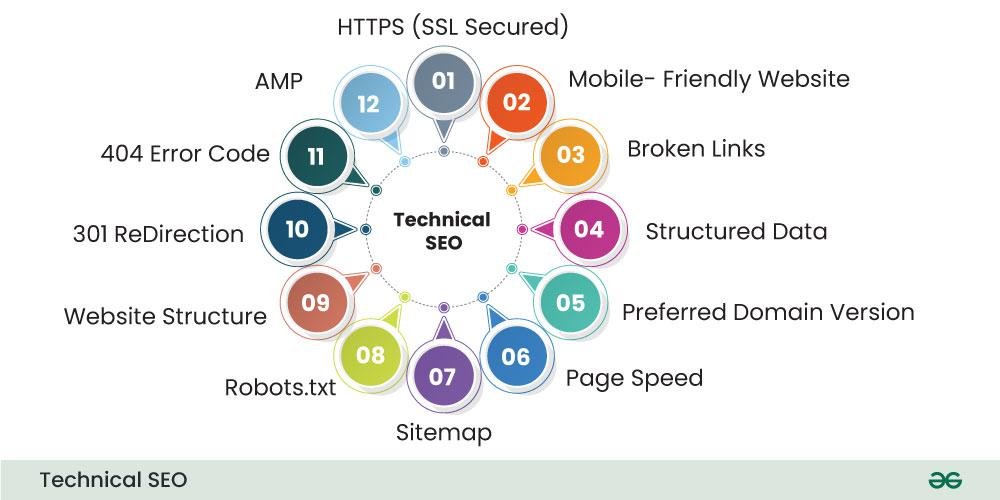A fast and efficient website is essential for better SEO rankings, user experience, and increased conversions. If your site loads slowly, visitors may leave before exploring your content, affecting your business performance. Below are expert strategies to improve your website speed and performance.
Why Website Speed Matters
Website speed directly impacts your search engine ranking and user engagement. Google prioritizes fast-loading websites in search results. If your website loads in under three seconds, you’ll retain more visitors and increase conversions. A well-optimized site is also crucial for Local SEO, which you can learn more about here.
Optimize Images for Faster Loading
Large images slow down your website. Compress images using tools like TinyPNG or WebP format to reduce file sizes. Also, enable lazy loading, so images only load when users scroll down. To ensure your website loads efficiently, check out our expert tips on SEO optimization.
Minimize HTTP Requests
Every image, script, and stylesheet requires an HTTP request. The more requests your website makes, the longer it takes to load. Reduce unnecessary files, merge CSS and JavaScript files, and use browser caching to store frequently used elements. For better web development strategies, visit our Website Development page.

Use a Content Delivery Network (CDN)
A CDN distributes your website’s content across multiple servers worldwide, reducing load time. This is particularly useful for Paid Ads and digital campaigns, where a fast-loading site ensures a better user experience. Learn more about optimizing paid ad landing pages here.
Enable GZIP Compression
GZIP compression reduces the size of your website’s files, improving loading speeds. Enable GZIP compression via your hosting provider or modify your .htaccess file. To check if your site is using compression and caching effectively, read more about Google Ads Optimization here.
Optimize Website Code (CSS, JavaScript, HTML)
Minify CSS, JavaScript, and HTML to remove unnecessary spaces and lines, making files smaller and faster to load. Load JavaScript and CSS asynchronously, preventing them from slowing down your website. If you need help with content writing for faster-loading pages, check out our Content Writing services.
Upgrade Your Web Hosting Plan
Your hosting provider plays a significant role in website speed. If you’re on shared hosting, consider upgrading to managed WordPress hosting or cloud hosting for better performance. Reliable hosting improves website uptime and efficiency.
Reduce Plugin Usage
Using too many plugins can slow down your website. Keep only essential plugins and regularly update them to ensure compatibility with your WordPress theme. For expert website optimization services, explore our Social Media Max solutions.
Monitor and Test Website Speed Regularly
Regularly check your website speed using tools like Google PageSpeed Insights, GTmetrix, and Pingdom. These tools help identify issues affecting your site’s speed and guide you in making necessary improvements.
Final Thoughts
A fast-loading website is critical for SEO success, user retention, and higher conversion rates. By optimizing images, using a CDN, compressing files, and choosing the right hosting, you can significantly improve your website speed and efficiency.
💡 Need professional website optimization? Contact us today!
📧 Email: Syed_66@hotmail.com
📱 Call: 0161 399 3517